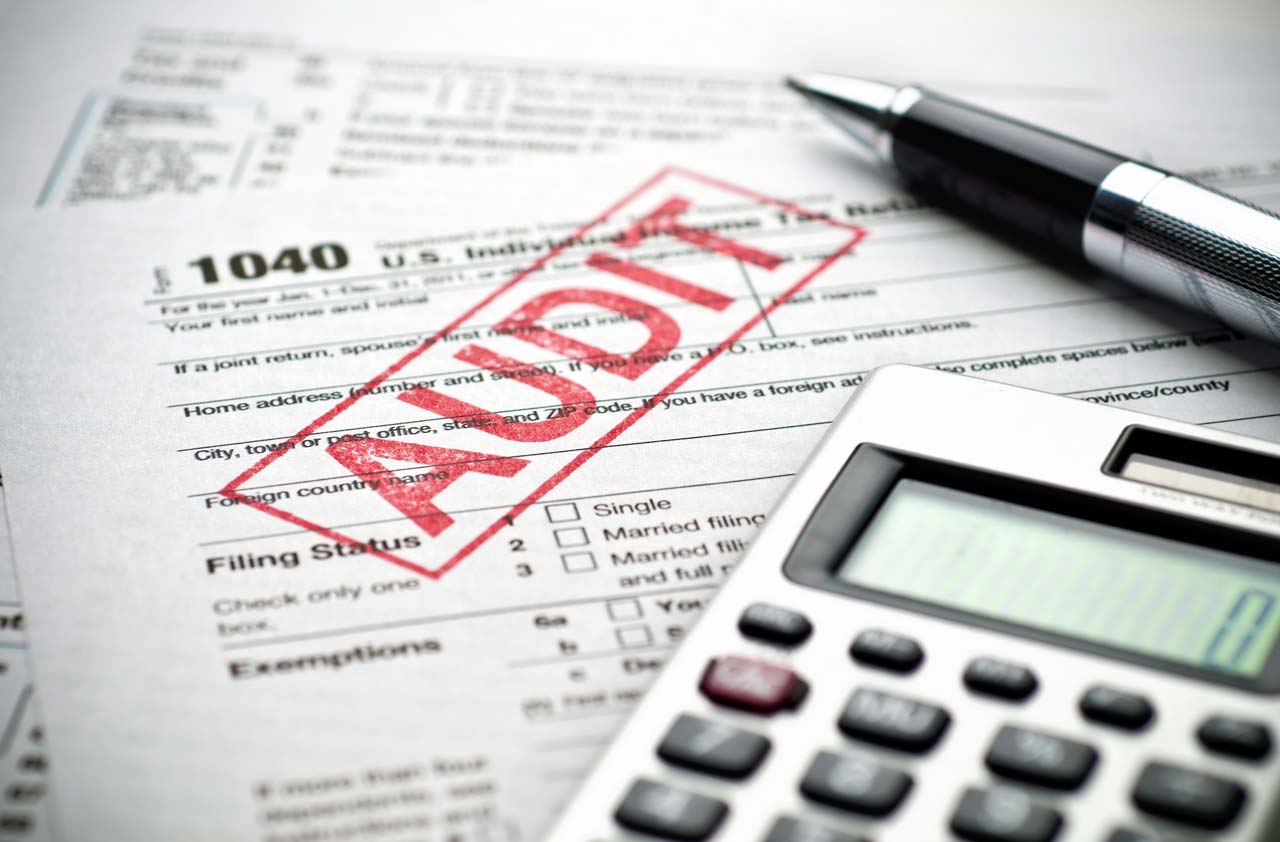 Many people, especially business owners, hit an “end of the year” crunch before the year even ends. We barely get our taxes filed by the April deadline, and many have to ask for an extension even beyond that. Is this really a bad business decision which could increase IRS audit risk? Experts say it may not be.
Many people, especially business owners, hit an “end of the year” crunch before the year even ends. We barely get our taxes filed by the April deadline, and many have to ask for an extension even beyond that. Is this really a bad business decision which could increase IRS audit risk? Experts say it may not be.
Filing for an Extension: What It Means
Many people do not understand what Topic 304 filing for an extension means, in practical terms. You still have to pay the IRS on time or pay a penalty, which can be difficult if you are not far enough along in the tax calculating process to know what to pay. In addition, many people are worried that filing for an extension may have very real long term consequences, including a higher risk of being audited later. How true is this rumor?
IRS Audit Risk for Filers of Extensions
The possible heightened risk of being audited is a major objection for many people considering filing for an extension of their taxes. We have all heard that this is the case. However, there is no evidence to back up this worry. The IRS releases data on what makes you at higher IRS audit risk, and filing an extension is consistently left off the list. While it is possible that an extension indirectly increases risk of an audit, we simply don’t know for sure.
What we do know is that it is better to file for an extension than to file an incorrect return, which is a guaranteed audit. We also know that filing a return in which you don’t get every write off to which you are entitled is a poor choice. Ultimately, an extension will probably not increase your risk of an audit unless your return is full of red flags. With the help of an experienced accountant, you probably will be fine whether you file on time or need a few extra months.


